A professional poker player might make a few hundred to tens of thousands monthly.
Have you ever wondered how to become one of them?
That doesn’t happen overnight, by chance, or just because they play a lot. Rising through the stakes is influenced by analysis, dedication, and bankroll management. Each factor is crucial for success.
More play can mean more earnings, but only with a steady, measured progression. Nobody skyrockets to high-stakes games without working on themselves.
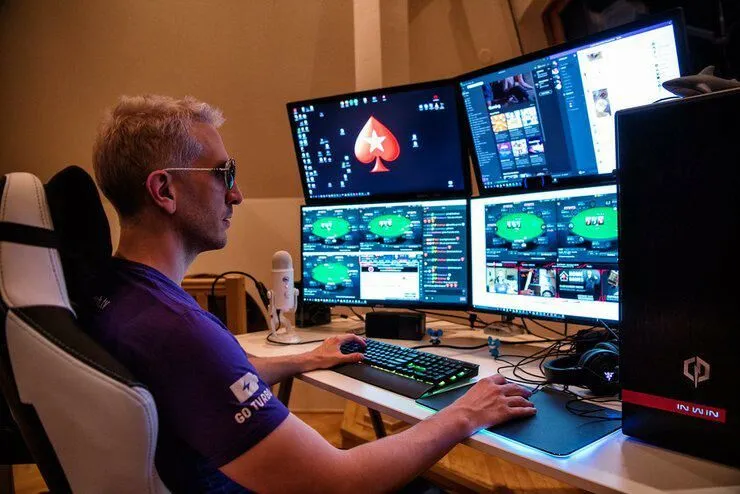
We’d like to give you the 5 best ways to become a professional poker player, but remember, these are starting points. Take a look at each one and you’ll see how to become a better version of yourself on the felt.
Educational Materials
The web offers abundant free poker learning resources for both novices and veterans.
- YouTube is a common source, showing you how to become more competent in many different areas.
- Twitch poker streamers are usually less focused on learning, but you’ll see full sessions, instead of highlights.
- Books and articles, despite their perceived quick obsolescence, remain valuable, especially on poker math and psychology. Some fundamentals don’t become irrelevant. For instance, Jared Tendler's work on tilt resilience and reaching your “A-Game” remains unparalleled.

Specifics might become outdated in some books, even if they’re written by a pro poker player. For example, information on bet sizes, 3-betting and 4-betting, and things of that nature. The game changes quickly, so you should try to get detailed strategic information from recent sources. That way, you’ll be as up-to-date as possible.
We’ve collected some of the most useful and informative books in our article:
Analysis and Discussion of Played Hands
Marking challenging hands for later review is a practice for any professional poker player, helping reduce tough spots over time. Analyzing these hands can also uncover new strategic elements.
A professional poker player will often dissect top players' hands, trying to find out how to become better. Engaging in discussions with peers can reveal optimal plays and give fresh perspectives on hands. Sometimes, we can’t see mistakes that other players might notice right away. Anyway, it’s always useful to know how other players think – they may be sitting across the table one day.
Poker clubs can be a good way to form the community you need. You can form your own clubs for poker on KKPoker, an app that’s quickly becoming on of the best ways to play with friends. There are tons of formats and you can control how you play – and who you play with.
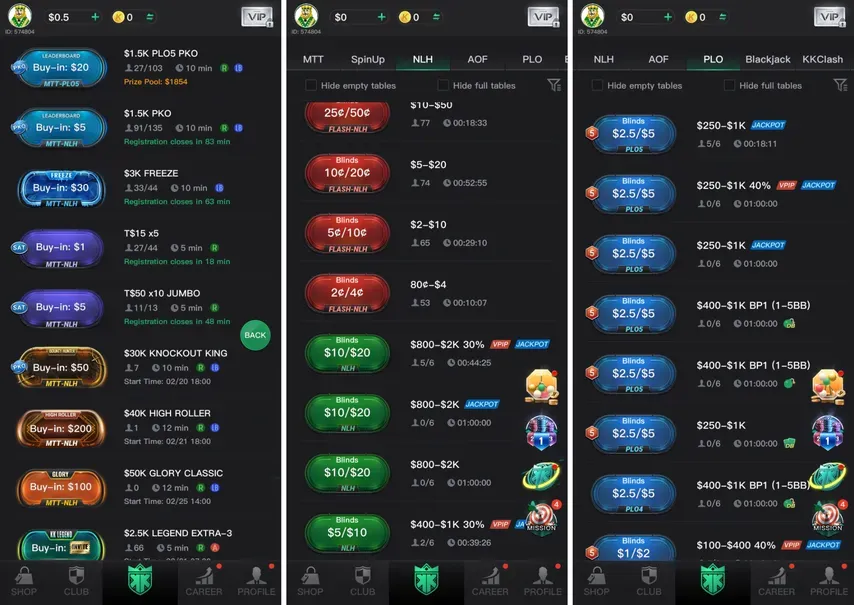
You get the option to play privately with friends, join other closed groups, or face off against the full player base when you feel like it.
They also have the best bonus scheme we’ve seen among club poker apps.
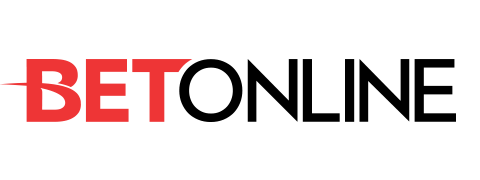




Poker Software and Game Analysis
Online poker benefits greatly from analytical software.
Trackers record every hand, allowing post-game review, plus in-game information on some poker rooms. Not every poker site allows trackers to be used at the tables, but many do. Even without that, these trackers are immensely useful for inspecting your own playing habits.
- Hand2Note stands out for its speed and free version features, including HUDs.
- Holdem Manager 3 and PokerTracker 4, though paid, offer extensive analysis tools.
- Poker solvers like Flopzilla, essential for understanding hand ranges and board interactions, are invaluable for a pro poker player.
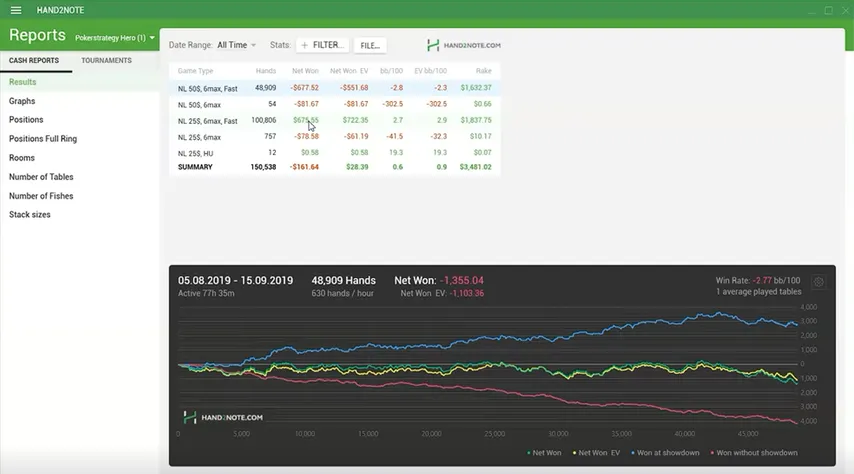
Players don’t just wake up one day and become a professional poker player. It takes a critical eye, focused on your own game, plus the way your opponents play. All of these poker tools facilitate a deeper strategic comprehension, crucial for professional growth. We have free trials and the best prices in our shop.






Coaches and Poker Schools
Personal coaching is highly effective across disciplines, poker included. A coach can build a solid foundation, identify and rectify critical errors, and boost confidence, especially during downswings.
The price of poker coaches might be a surprise, but when you think about the extra earning potential, you will understand. Their time won’t be cheap, especially for a veteran coach. Still, you might start earning more as a result of the sessions, and be taught how to become much more skilled.
Poker schools (sometimes known as funds or pools) offer another avenue for growth, providing training and bankroll in exchange for a percentage of winnings. Our support staff might be able to connect you with some of these poker organizations, but not everyone is offered a spot. You’ll have to show them what kind of player you are, by providing statistics and probably interviewing for your place.
- Increased rakeback and personal bonuses
- Help with deposits and cashouts
- Access to mobile applications
- Solving problems with accounts
- Technical support
- Questions about the site and forum

Consolidating Knowledge in Practice
Practice outweighs theory, with a recommended ratio of practice to study at ten to one. Practicing on actual online tables can teach you efficient multi-tabling and build up your experience.
Here’s how you can practice for free, every day of the week (while competing for real cash).
Freerolls offer a risk-free practice environment, with some differences to real money MTTs. Registering through specific sites grants access to exclusive tournaments, which is a great way to apply learned concepts.
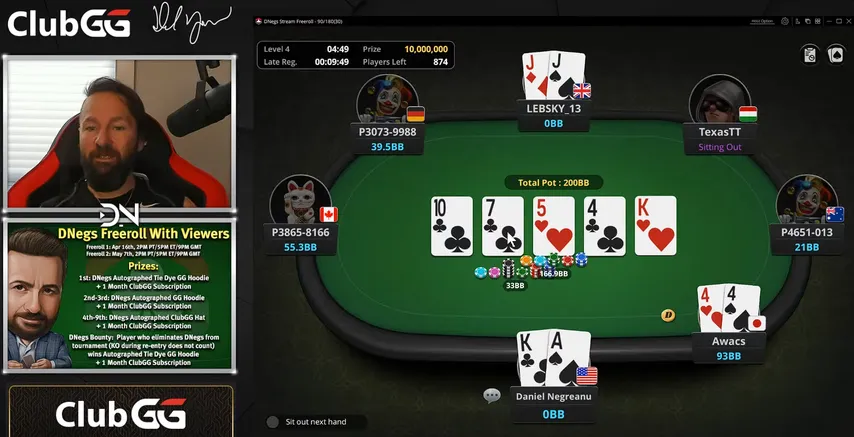
Check our full schedule of freerolls to see which events are running today. If they aren’t on the poker site that you usually use, don’t worry too much. Signing up for new sites doesn’t take long and you aren’t trying to make a quick buck.
These freerolls are great practice material, becoming a real money prize for the winners.
- Increased first deposit bonus
- Increased rakeback and reloads
- Help with deposits and cashouts
- Access to private freerolls
- Round-the-clock support


